
Police officers waiting to check a vehicle in downtown Yangon on passengers for document that allows to pass other townships as part lock down procedure on September 28, 2020. (Hkun Lat | Frontier)
Leaving journalists out of the story
In September, as Covid cases in Myanmar started to rise, a government-declared emergency severely limited the movement of its citizens. The rules applied to all journalists, save for reporters working for state media, raising concerns about transparency and reliability of official updates, data, and reports on efforts to keep cases, deaths and the spread of the virus under control. Government says the restrictions are all for the media members’ own good; but the strict rules also come just weeks ahead of national elections. So it’s not just the fight against Covid-19 that is in the media’s – and public’s – blind spot.
In this blog post, CEO at Frontier Myanmar Sonny Swe reflects on the challenges that independent media are facing in Myanmar.
Frontier Myanmar is an unbiased voice in transitional Myanmar publishing online stories in both English and Burmese, focusing on current affairs and business, featuring long-form and investigative articles, insights and analysis.
By Sonny Swe, CEO of independent media Frontier Myanmar
When skyrocketing Covid-19 cases prompted health authorities to place Yangon under strict stay-at-home orders on 20 September, journalists and media organisations were left out of any exemptions. Journalists were told they could only work from home. That is, except for state media, which is exempt from the rules.
Of course, a lot of journalism can be done from home these days, using phone and video calls. Many media organisations, including Frontier, have advised their staff to avoid face-to-face meetings where possible in order to minimise the risk of Covid-19 infection, both to themselves and their contacts.
But this only allows journalists to see part of the story – usually, the part that the government wants the public to see. It makes it extremely difficult to factcheck what the government is saying about its Covid-19 response, or to meet ordinary people and convey their experiences and challenges to readers.
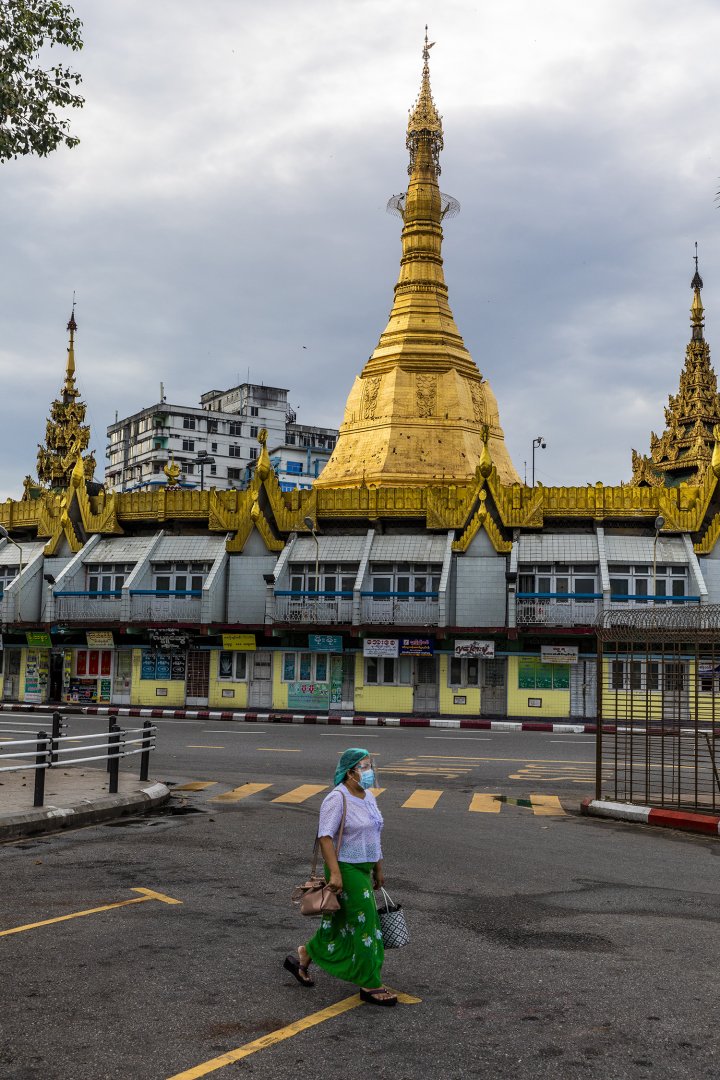
Some journalists and photojournalists have defied the order so that they can continue their work. On the ground, law enforcement officials don’t seem to be trying to stop them from reporting. But why should they risk possible imprisonment under the Natural Disaster Management Law just for doing their jobs?
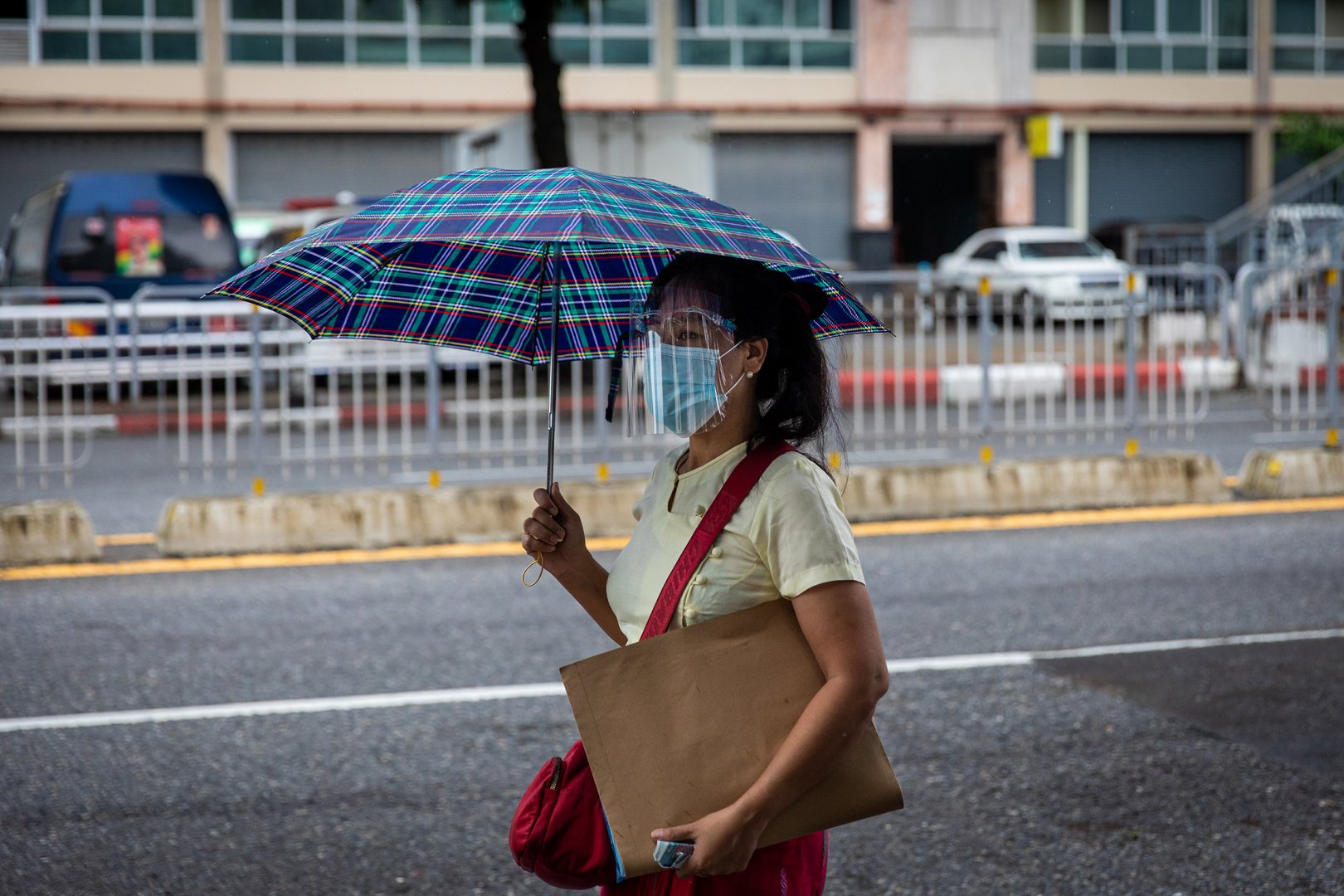
Even as it battles Covid-19, Myanmar is also preparing for a general election on 8 November. For media organisations, particularly those based in Yangon, there is much uncertainty about the extent to which they’ll be able to cover events on election day.
Aside from stay-at-home orders, journalists (like everyone else) also face travel restrictions if they are leaving an area deemed a Covid-19 hotspot. As Yangon is the epicentre of the Covid-19 outbreak and is also where most major media organisations are based, it may not be possible for publications like Frontier to send their journalists to other parts of the country to cover the election. Election monitoring groups, too, are facing similar challenges.
Although case numbers in Yangon remain high, journalists and election monitors need to be allowed to travel to cover not only election day but also the pre-voting period and the aftermath. There’s no reason this could not be done safely – for example, by enabling them to take a rapid Covid-19 test before they travel to ensure they do not carry the virus to other parts of the country.
Participation of independent media and monitoring groups will be crucial for ensuring the credibility of the election. Myanmar’s Union Election Commission and its Ministry of Health and Sports should immediately announce rules to enable this to happen.
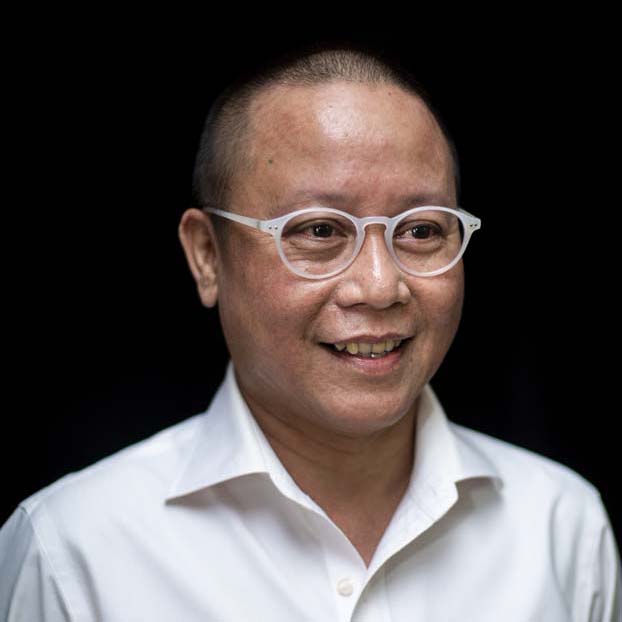
“As Yangon is the epicentre of the Covid-19 outbreak and is also where most major media organisations are based, it may not be possible for publications like Frontier to send their journalists to other parts of the country to cover the election. Election monitoring groups, too, are facing similar challenges.”
Sonny Swe
CEO OF FRONTIER MYANMAR
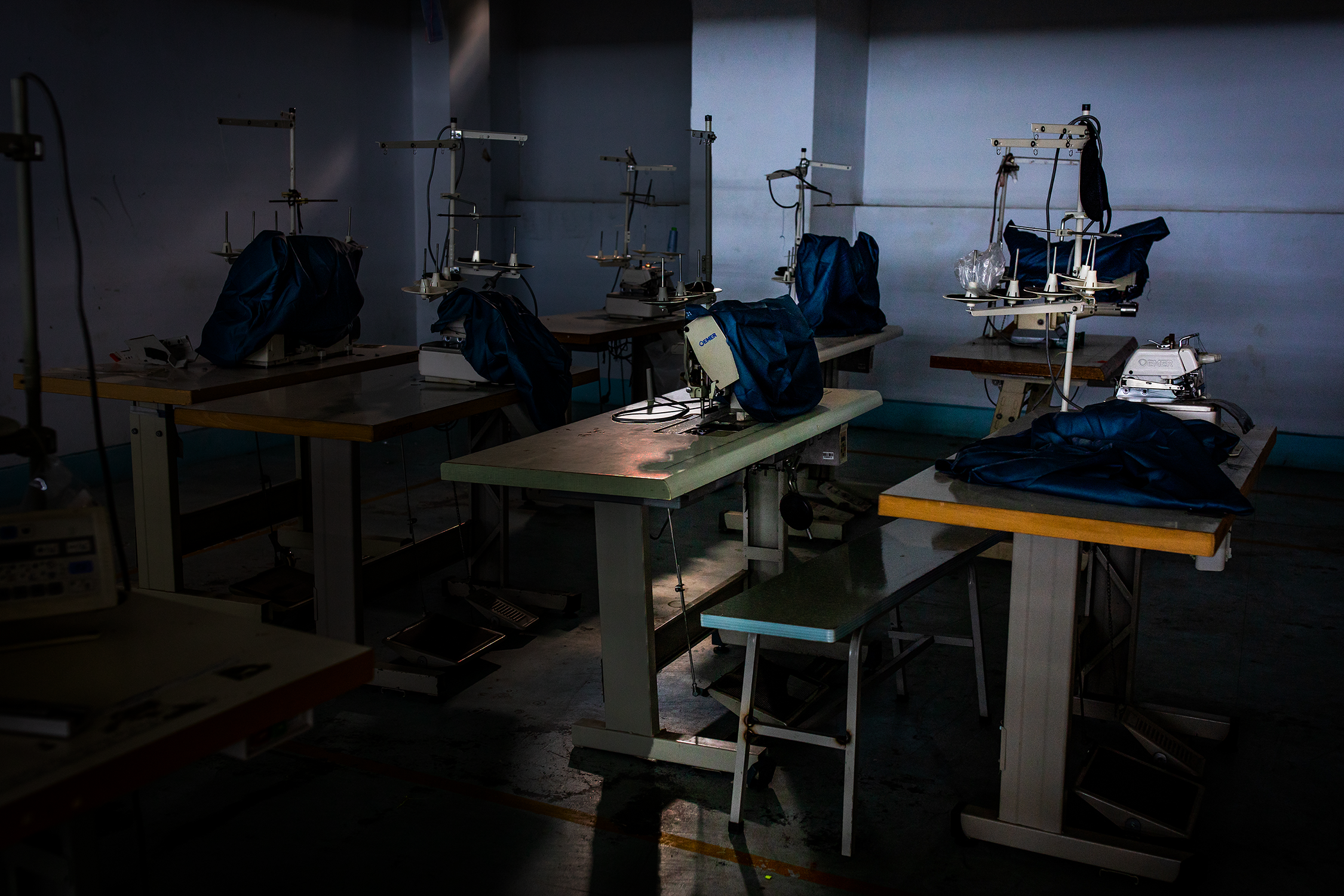
Background: Covid-19 in Myanmar
The Myanmar government has instituted stay-at-home orders, curfews, bans on public gatherings and closures of public events, entertainment venues and religious institutions after infection figures have soared along with increased testing. There is a nationwide curfew in place from 12:00 A.M. to 4:00 A.M. The government is actively enforcing this curfew. As of 27 October 2020, there were 46,200 confirmed Covid-19 cases and 1,122 confirmed deaths related to Covid according to Worldometer.
According to IMF.org (22 October 2020), the economy has been deeply affected by the outbreak, with sharp declines in tourist arrivals and supply chain disruptions for the garment sector, which have resulted in large layoffs and factory closures. In response, the government has announced measures to limit the spread of the virus including travel restrictions (including quarantine requirements, suspension of visa issuances and international flights), closure of several land borders and bans on mass public gatherings. A National Central Committee on Prevention, Control and Treatment of 2019 Novel Coronavirus has been established to coordinate the authorities’ response. A second committee, the Control and Emergency Response Committee on Covid-19, was setup on 30 March to help with stricter administrative measures to control the spread of the virus including quarantining migrant workers coming from neighbouring countries. (Source: IMF)
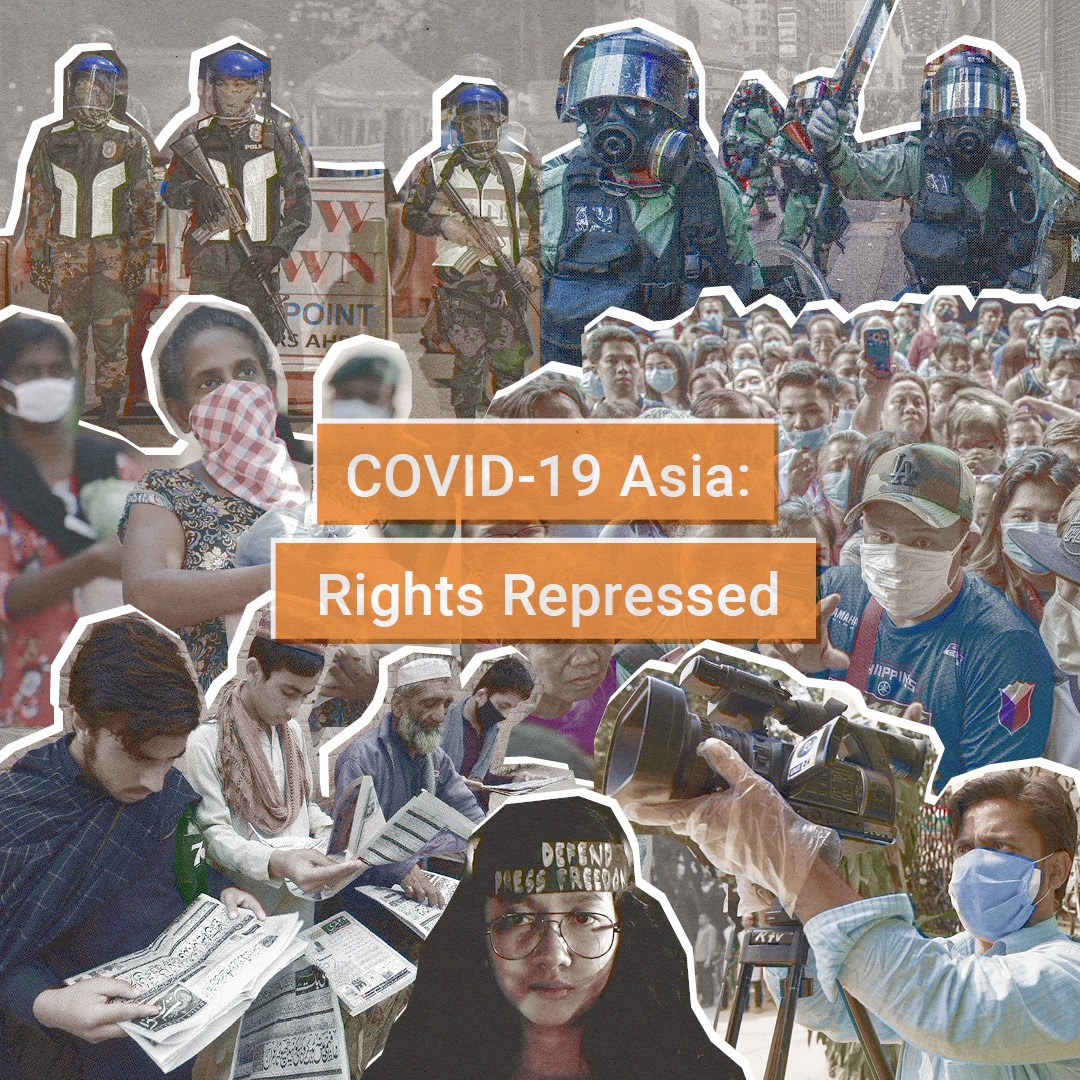
Covid-19 Asia: Rights Repressed
In the Asia Rights Repressed Journalism Series, six media outlets from Nepal, Indonesia, Myanmar, Pakistan, Cambodia and the Philippines document how Covid-19 is being used to repress political, social and economic rights, affecting in particular, the most vulnerable.

